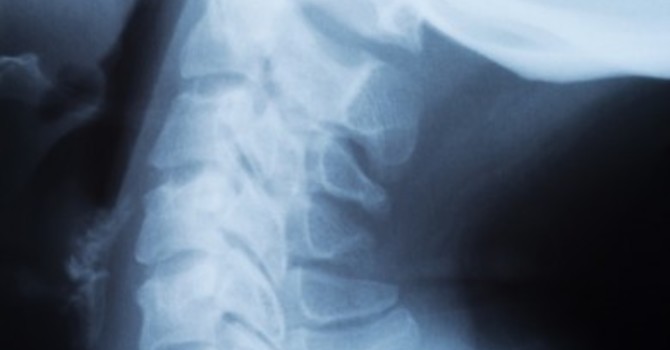
Many of you may be wondering what the hype is about regarding gluten-free foods. I understand if you are skeptical or a bit confused since there are always new “diet fads” being touted as the resolution to everyone’s struggle with weight loss. I am not a big fan of diets in the sense that most people view diets, but as a physician, I do believe that just about everyone benefits from eating gluten-free. Although most people lose weight when they begin eating a gluten-free diet, I prescribe this diet for a wide array of health conditions. Eating a gluten-free diet can be challenging at times; however, it is also one of the most health-restorative diets out there.
As for the nitty-gritty biological effects of consuming gluten, here are the proposed explanations of why gluten causes so much trouble for the majority of the population. Gluten is a water-insoluble protein found is some grains. One of gluten’s component proteins, gliadin, is responsible for giving bread that comforting chewy texture, but is also the cause of intolerance or sensitivity reactions for some people. There are several proposed mechanisms which lead this intolerance or sensitivity. One possible cause is that a person may have an enzyme deficiency which results in the incomplete breakdown of the gluten protein, forming toxins that damage the intestinal villi, which is where nutrient absorption normally occurs. A second possible theory suggests abnormal gluten protein-binding sites or receptors on the surface of intestinal cells, resulting in abnormal binding of these proteins to the cells, causing that cell’s destruction. Some other potential explanations involve immunological defects or viral infections that result in the inactivation of cells in the digestive tract. Regardless of the mechanism of the intestinal cell damage following gluten consumption, the resulting consequence is chronic intestinal malabsorption.
Symptoms of Gluten Intolerance:
• Digestive complaints – chronic diarrhea or constipation, nausea, vomiting, gas, bloating, heartburn, and abdominal pain
• Nutritional deficiencies due to malabsorption (such as iron and B12 deficiencies)
• Fatigue
• Weight loss or weight gain
• Fat in the stools (due to poor digestion)
• Aching joints
• Depression
• Eczema and other skin problems
• Headaches
• Irritability and behavioral changes
• Infertility, irregular menstrual cycle and miscarriage
• Cramps, tingling and numbness
• Slow infant and child growth
• Decline in dental health
When untreated, long term malabsorption may lead to intestinal ulceration, hypertension, diabetes, and neurological disorders to name a few.
Foods with Gluten:
• Breads and pasta made from wheat, spelt, rye, oats, barley and kamut
• Cereals containing wheat germ, millet, teff, bulgur, and bran.
• Couscous, semolina
• Most conventionally brewed beer
• Most processed foods (read labels!)
Maintaining a gluten-free diet can be difficult at times due to the fact that gluten is used in so many foods, especially processed foods including sauces, salad dressings, dips, ect. When people consume prepackaged and processed foods frequently, this can lead to an astounding overconsumption of gluten. My advice to my patients who are attempting to follow a gluten-free diet is to peruse the gluten-free section of their local grocery store to find substitution items and start experimenting.
The key to long-term success is finding foods that you enjoy eating yet are in accordance with a gluten-free diet. The first step to finding foods that are gluten-free is to read food labels and keep an eye out for food items listed in the “foods with gluten” section above. Another recommendation I make for those who enjoy cooking and baking is to find some gluten-free recipes that they enjoy. By making your own food instead of relying on prepackaged and processed foods, you have control over what ingredients are put in the recipe. I find that this is especially helpful with baked foods, sauces and dips.
If you’ve made it this far, you must have some interest in learning more about how gluten may be impacting your health. I encourage you to try eating gluten-free for 2-4 weeks and see how you feel! You may be pleasantly surprised! Stay tuned for more natural medicine tips.





